The Sound of Sickle
How a group of young people with sickle cell set out to help other sufferers.
In the UK, 15,000 people are affected by sickle cell and more than 300 babies are born with the condition each year.
The inherited blood disorder causes misshapen red blood cells that can get caught in blood vessels, blocking the blood flow. This can lead to extreme pain (crisis) and life-threatening infections.
Many people with sickle cell need blood transfusions. These help to reduce and prevent a severe crisis, but to get the best treatment, patients need blood from a donor of the same ethnicity.
Many sickle cell patients have the Ro blood subtype and currently, there is a gap between the amount of Ro blood we collect and the demand for Ro blood from hospitals.
The Ro subtype is 10 times more common in people of African and Caribbean descent, who account for the vast majority of sickle cell cases.
However, only around 2 per cent of donors have this rare subtype, so meeting the demand can be difficult. That’s why the blood of black donors plays such a vital role in helping to save and improve the lives of those living with sickle cell disease in the UK today.
What was the inspiration to create The Sound of Sickle?
Chris: Growing up, I didn’t know anyone with sickle cell and there wasn’t anything targeted at my age group. I wanted to create a community so people like me who are younger and aren’t necessarily as forthcoming about their condition can go on our platforms and feel more of a sense of community.
We have a WhatsApp group and have held regular events so people can meet and speak to those that are closer in age to them. The freedom of communication really helps, particularly when someone wants to talk about their experience after a blood transfusion.
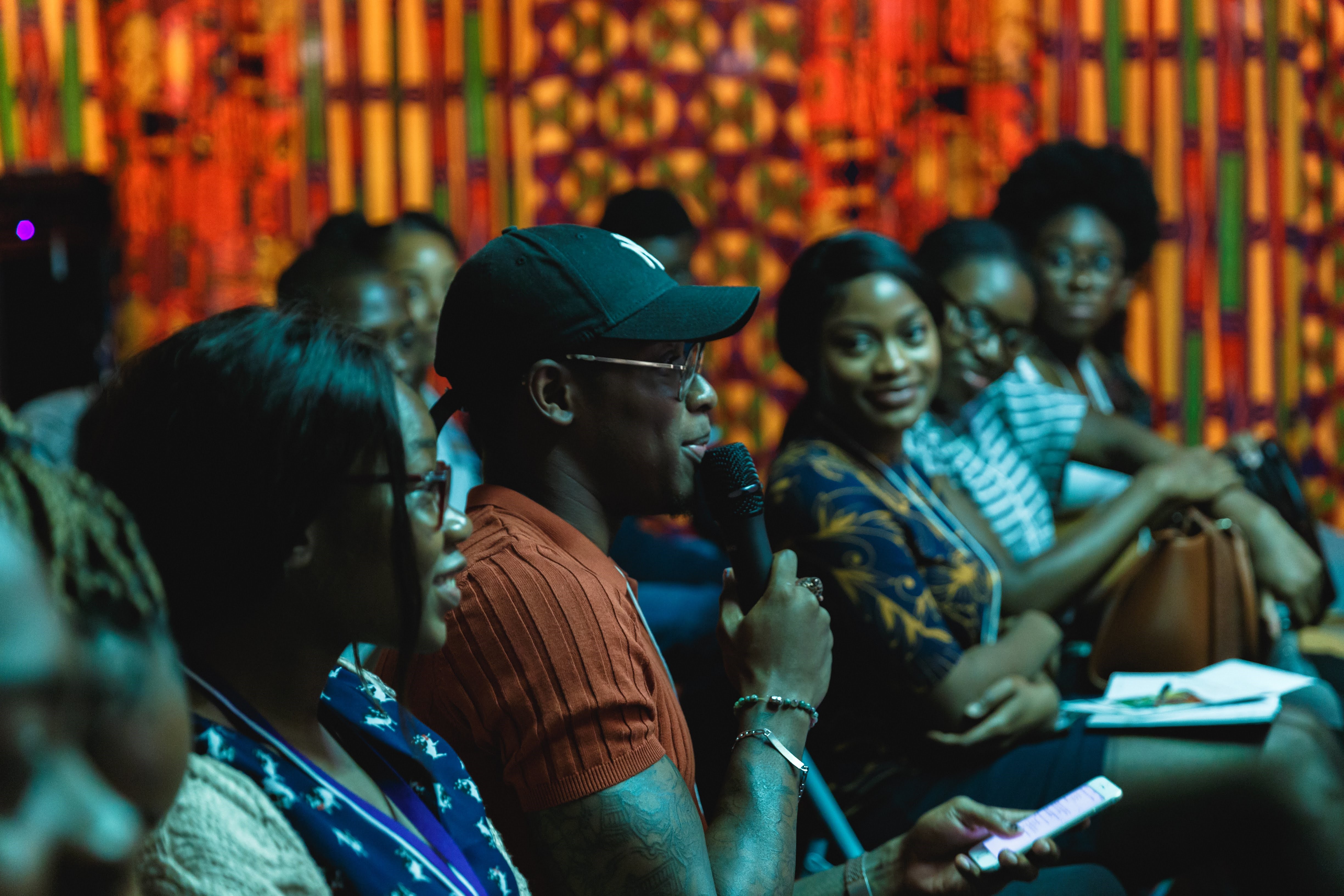
What does life with sickle cell look like?
Esther: Life with sickle cell can be frustrating and lonely sometimes. One minute you’re fine, then suddenly, you’re in hospital. It makes you cautious and careful. I need to plan before I leave my house.
Tolani: It’s about knowing your triggers and being okay with the fact that you can follow all the doctor’s rules and still have a crisis.
I get transfusions every six weeks, which makes full-time work exhausting as I have to plan my time, from being at work in the morning to having an exchange transfusion in the afternoon, then back at work the next day like it didn’t happen. But until there’s a real treatment that works then it’s all I can try.
Chris: It’s a broad spectrum. On a day to day basis, I don’t have it as bad but when I do, it’s extremely bad. I do feel pain and extreme shortness of breath. Staying warm and hydrated is always on my mind.
Living within my means is the easiest way to put it. There are some hindrances, in the sense that I know I can’t go swimming on a regular basis or go out and wear minimal clothing.
When you have sickle cell, there’s this idea that the sky isn’t always the limit. Obviously, we aim for the sky to be the limit but there’s some terms and conditions at the bottom of the contract.


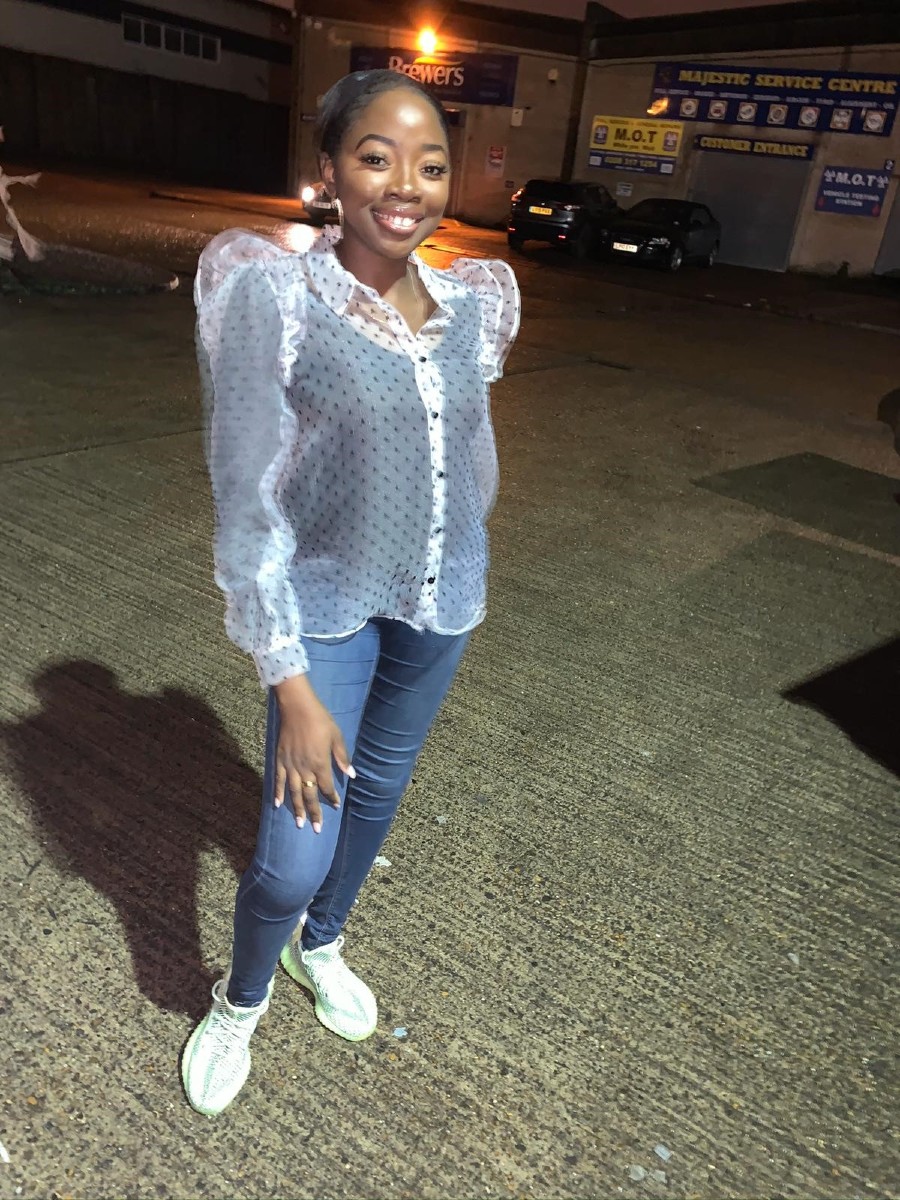
Why do you think is it important to have a platform like this in the community?
Elisha: I’m coming from a community that was supportive of my struggles with sickle cell but I also saw so many things lacking. Things such as standard help that needed to include a young adult like myself who had found it difficult to really express myself and feel comfortable and confident.
This platform automatically opens up the ignored voices, the ones that feel they can’t talk and that they have no voice, or their voice isn’t loud enough.
It’s like cracking a window open in a stuffy room. You finally feel relieved that there’s now fresh air in the room. The Sound of Sickle is that fresh air, for all those young and even old who have felt ignored.
Alvin: It brings people together and creates awareness.
The Sound of Sickle is that fresh air, for all those young and even old who have felt ignored.
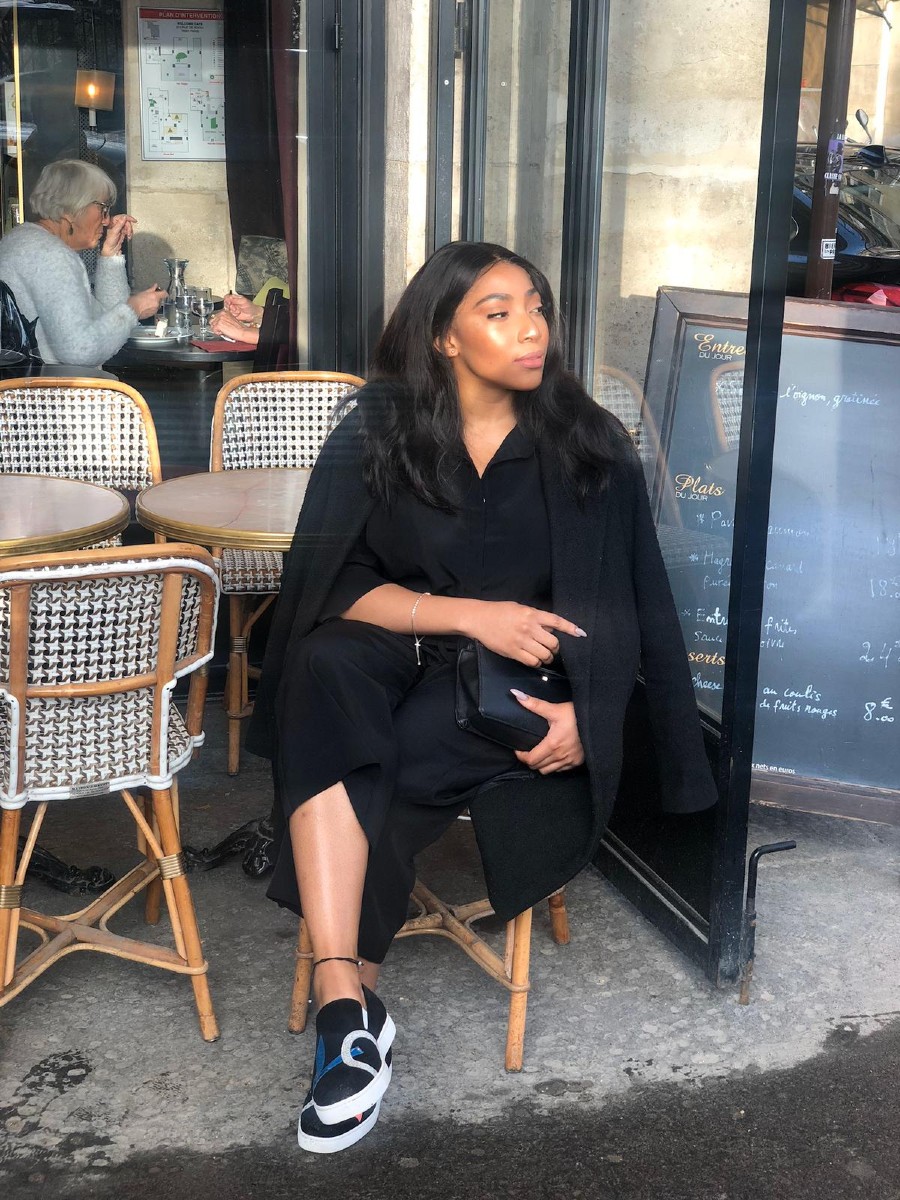
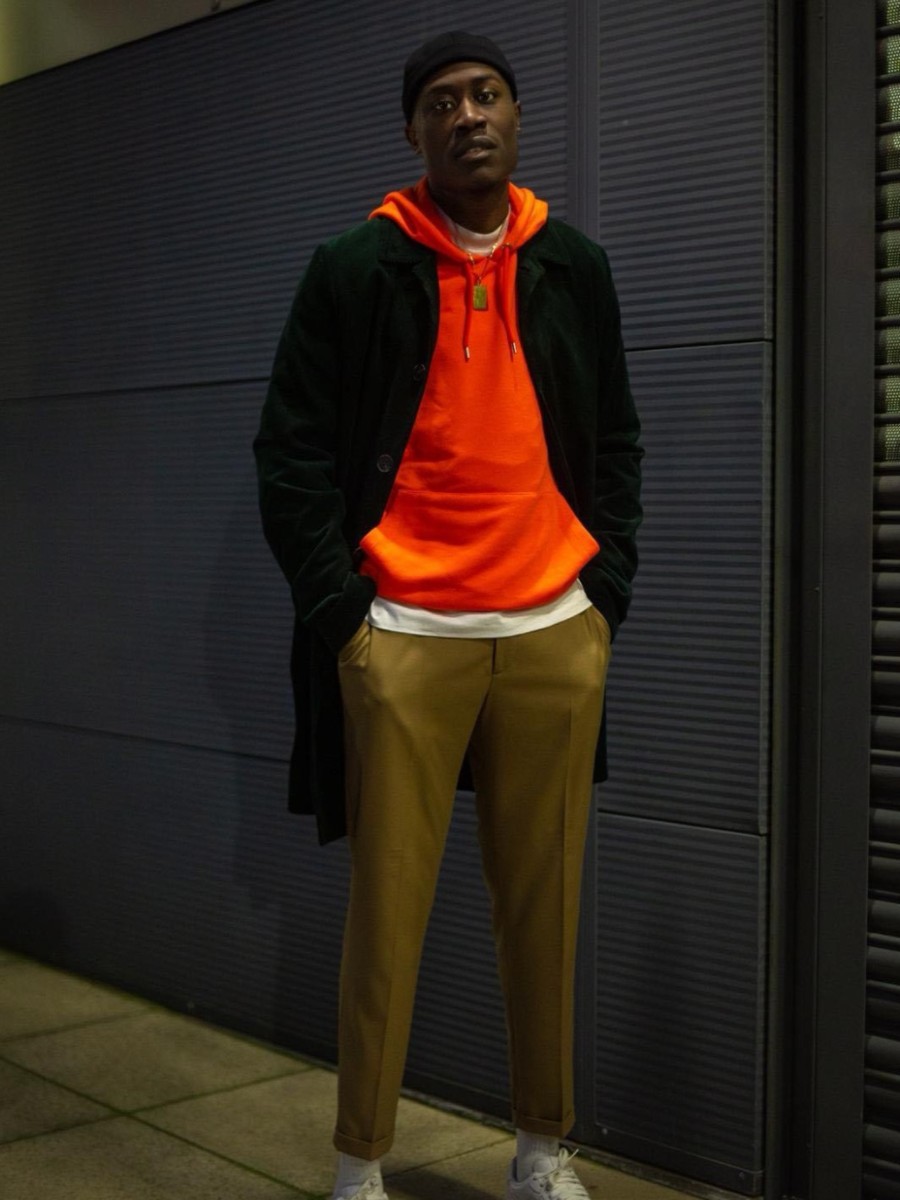
What do you think are some misconceptions about blood donation?
Alvin: Most commonly I think people assume that the blood they donate won’t be used. Or they can’t give blood because they have the sickle cell trait, which is an extremely common myth. Another one is that it takes too much time to donate blood.
Sickle cell trait
People who have just one of the genes that cause sickle cell are referred to as having ‘sickle cell trait’. Those with sickle cell trait carry the condition (and can pass it on to their children) but do not suffer from sickle cell disorder itself.
In the UK, most people who have sickle cell trait have an African or Caribbean family background. Having sickle cell trait does not prevent carriers from becoming blood donors.
Why do you think there is a shortage of black blood donors?
Esther: I think people don’t know or realise the high demand for blood in the UK and the importance of giving blood especially within the black community.
Elisha: If we’re talking about a decade ago, I could write an essay. But I am seeing a gradual change in black people as a demographic.
Black people tend to shy away from these conversations because usually it’s quite a taboo topic. We have to be truthful about these things or else we won’t change.
Find out more information about The Sound of Sickle.
Book your appointment online
Book now
Why more Black donors are needed
Some rare subtypes are more common in specific communities, which is why we need more blood donors
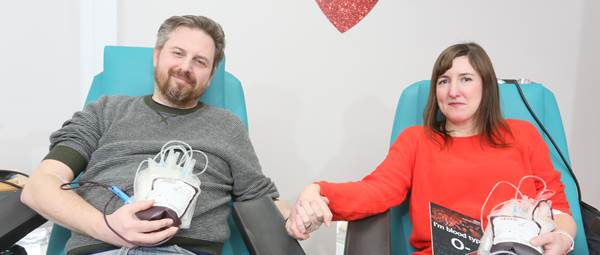
Other stories
Remarkable stories from the world of giving blood – be they from the research lab, the hospital bed, or the donor chair
